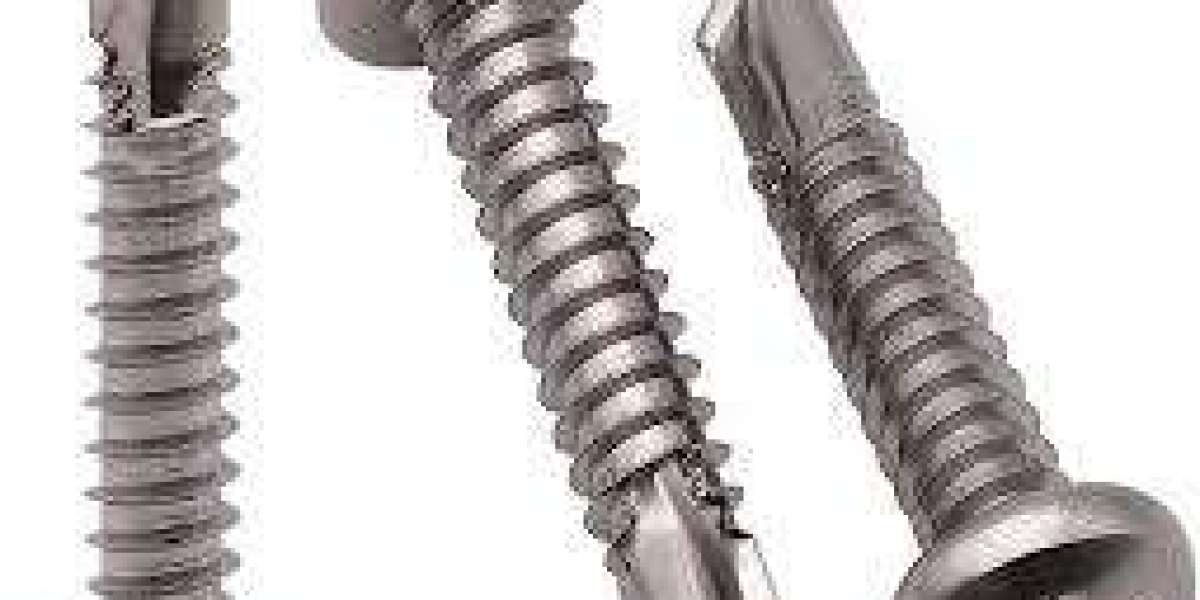Introduction: Stainless steel screws are the unsung heroes of the hardware world. From holding together the furniture in our homes to ensuring the structural integrity of skyscrapers, these unassuming fasteners play a pivotal role. In this article, we will delve into the world of stainless steel screws, addressing your frequently asked questions and shedding light on their remarkable versatility.
FAQ 1: What Is Stainless Steel?
Stainless steel is a corrosion-resistant alloy primarily composed of iron, chromium, nickel, and small amounts of other elements. The inclusion of chromium gives stainless steel its remarkable resistance to rust and corrosion. This makes stainless steel screws perfect for applications where exposure to moisture or harsh environments is a concern.
FAQ 2: What Are the Advantages of Stainless Steel Screws?
Stainless steel screws offer several advantages:
- Corrosion Resistance: Stainless steel resists rust and corrosion, making it suitable for both indoor and outdoor use.
- Strength and Durability: Stainless steel screws are strong and durable, ensuring long-lasting performance.
- Aesthetic Appeal: Their shiny, polished finish adds a touch of elegance to applications where aesthetics matter.
- Wide Range of Types: Stainless steel screws come in various types, such as pan head, flat head, and hex head, each suited to specific applications.
FAQ 3: When Should I Use Stainless Steel Screws?
Stainless steel screws are ideal for a wide range of applications, including:
- Outdoor Projects: Use stainless steel screws for building decks, fences, or any outdoor structure exposed to the elements.
- Marine Environments: Their resistance to saltwater corrosion makes stainless steel screws essential for boat construction and maintenance.
- Food and Medical Industries: Stainless steel screws are often used in equipment and machinery due to their hygienic properties.
- Automotive and Aerospace: These industries rely on stainless steel screws for their strength and corrosion resistance.
FAQ 4: Are Stainless Steel Screws More Expensive?
While stainless steel screws can be pricier than their carbon steel counterparts, their durability and resistance to corrosion make them a cost-effective choice in the long run. You’ll save on replacement and maintenance costs, especially in harsh environments.
FAQ 5: Can Stainless Steel Screws Be Used in Wood?
Absolutely! Stainless steel screws work well with wood, especially in outdoor applications. They provide a strong, secure hold without the risk of rust or staining the wood.
FAQ 6: How Do I Prevent Galling When Using Stainless Steel Screws?
Galling occurs when stainless steel threads bind together due to friction. To prevent this:
- Use Lubrication: Apply an anti-seize lubricant to the screw threads.
- Reduce Speed: When using power tools, lower the speed to minimize friction.
- Proper Torque: Tighten the screw with the recommended torque to reduce galling risk.
FAQ 7: Can Stainless Steel Screws Be Used with Other Materials?
Yes, stainless steel screws can be used with various materials, including plastics, aluminum, and even other metals. Be sure to choose the right type and size of screw for your specific application.
Conclusion:
Stainless steel screws are versatile, durable, and corrosion-resistant fasteners that find their place in countless applications across various industries. Whether you’re building a deck, working on a marine project, or even assembling furniture, stainless steel screws are likely to be the reliable choice that ensures your projects stand the test of time.








